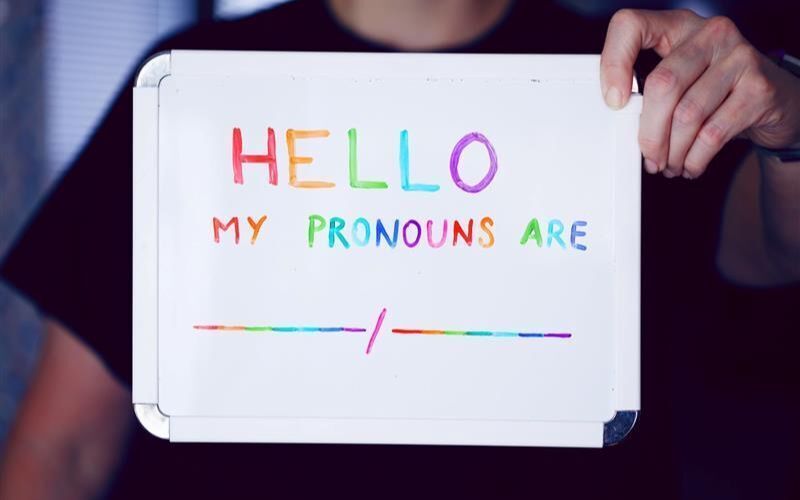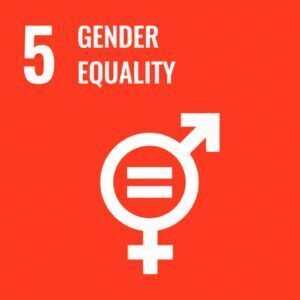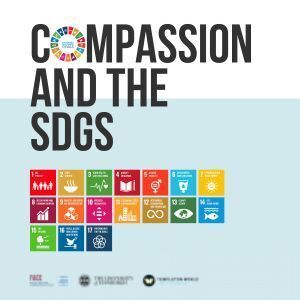It is important for all people to be knowledgeable and aware of LGBTQIA+ issues in order to foster a more inclusive and equitable society. Here are some key points to consider:
- Respect and Acceptance: It is crucial to respect and accept individuals of diverse sexual orientations, gender identities, and gender expressions. Everyone deserves to be treated with dignity and to live their lives authentically without fear of discrimination or prejudice.
- Understanding Sexual Orientation: Sexual orientation refers to an individual's enduring emotional, romantic, or sexual attraction to individuals of the same or different genders. It is essential to recognize that sexual orientation exists on a spectrum, and there is a wide range of identities beyond heterosexual orientation.
- Embracing Gender Diversity: Gender identity refers to an individual's internal sense of their own gender, which may or may not align with the sex assigned at birth. It is important to recognize and affirm the diverse range of gender identities, including transgender, non-binary, and gender non-conforming individuals.
- Importance of Pronouns: Respecting and using the correct pronouns is crucial. It is considerate to ask individuals for their preferred pronouns and to use them consistently, helping to create a safe and inclusive environment.
- Legal Rights and Protections: Understand that LGBTQIA+ individuals deserve the same legal rights and protections as any other citizen. Advocating for and supporting inclusive policies, anti-discrimination laws, and equal rights is essential.
- Intersectionality: Recognize that LGBTQIA+ individuals can also face intersecting forms of discrimination and oppression based on factors such as race, ethnicity, disability, socioeconomic status, and more. Understanding intersectionality is important to address the unique challenges faced by different individuals within the LGBTQIA+ community.
- Mental Health and Well-being: LGBTQIA+ individuals may face higher rates of mental health challenges due to societal stigma, discrimination, and lack of acceptance. It is important to be aware of these issues and to provide support and resources for mental health and well-being.
- Allyship: Being an ally involves actively supporting and advocating for the rights and well-being of LGBTQIA+ individuals. Educate yourself, challenge your own biases, and use your voice to speak out against discrimination and inequality.
- Safe Spaces and Inclusion: Create and support safe spaces that are inclusive and affirming for LGBTQIA+ individuals. This can be within schools, workplaces, community centers, and other environments where everyone feels valued, respected, and supported.
- Continual Learning: Recognize that LGBTQIA+ issues are evolving, and it is important to stay informed and continually educate yourself about the experiences, challenges, and advancements within the LGBTQIA+ community.
By being knowledgeable about LGBTQIA+ issues, promoting acceptance, and actively working towards inclusivity and equality, we can contribute to a society where all individuals, regardless of their sexual orientation or gender identity, are valued, respected, and able to live their lives authentically.
Mission
Cultivate compassion through LGBTQIA+ Social Action, Education and the Arts.
Vision
We envision a world in which all LGBTQIA+ people embody their fullest potential and embrace passion as a pathway to comPASSION.
Goals
- Create programs and projects elevating issues impacting the lives of LGBTQIA+ people around the world, through arts, educational and community honors programming in association with individuals and partner organizations.
- Enhance the global Pride movement of compassion and amplify the voices of the LGBTQIA+ community, while furthering the objectives and goals of the Charter for Compassion in local communities with global impact.
- Continue raising awareness of the Charter for Compassion through three main program areas: arts, education and community awards programs under the umbrella of OUR PRIDE through the OUR PRIDE website, mobile app and social media.
- Collaborate with our partners to address issues such as: Racism, Oppression, Colorism, Colonialism, Corrective Rape, Conversion Therapy, Criminalization, Discrimination, Equality, Mental Health & Suicide, Police Brutality, Refuge & Asylum, Religious Oppression, School Bullying, Transphobia, Violence, Women's Rights, and Youth Homelessness



